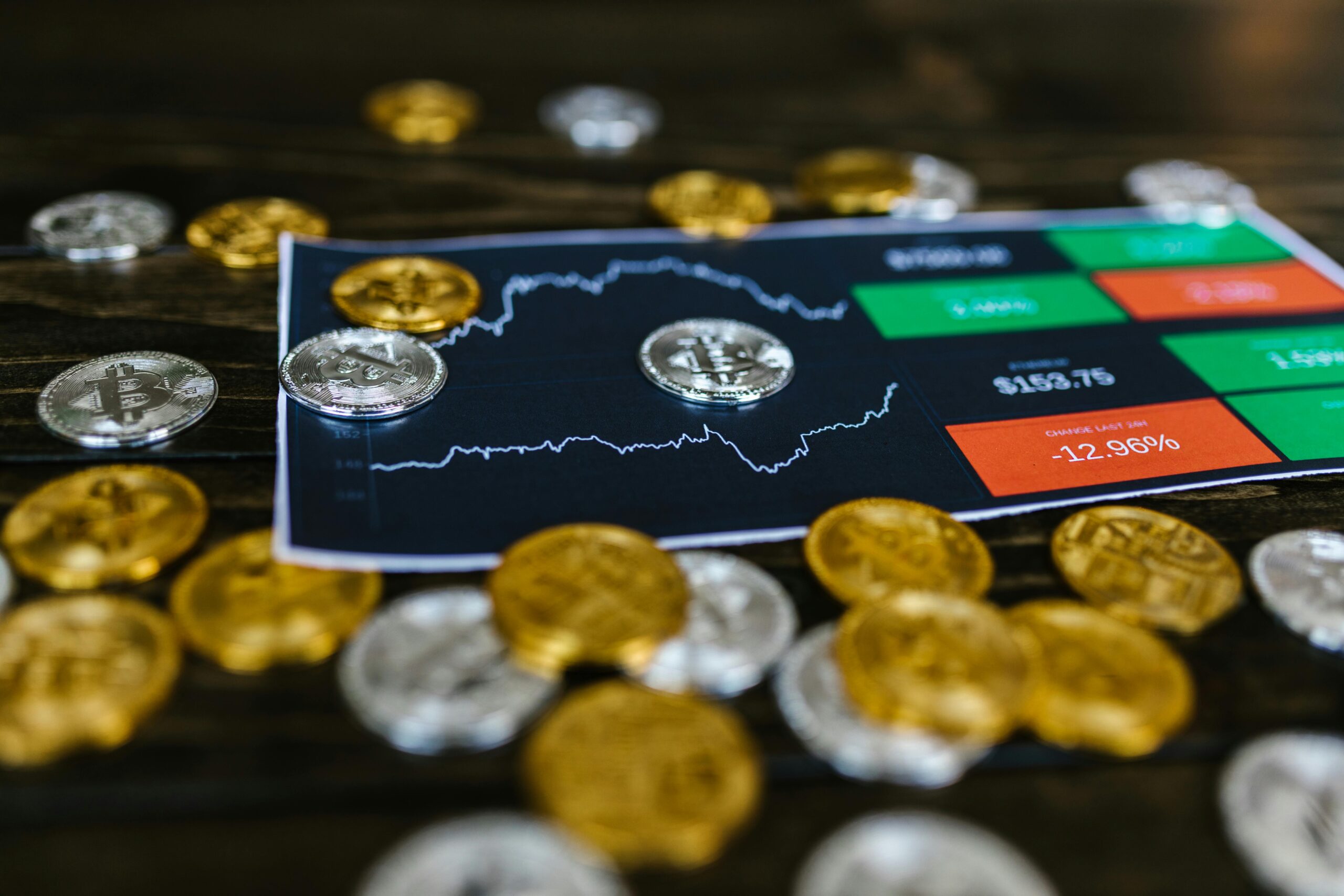
Prop Trading Jumps as Dollar Slips and Silver Shines
If markets were a poker game, prop trading desks are pushing chips to the center today. Asian equities are rallying, the US dollar just blinked at a key support level, and silver is strutting around like it’s 2011 again. Underneath the headlines? A subtle but meaningful shift in sentiment—and prop traders are sniffing it out early.

